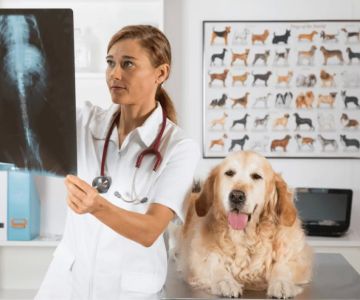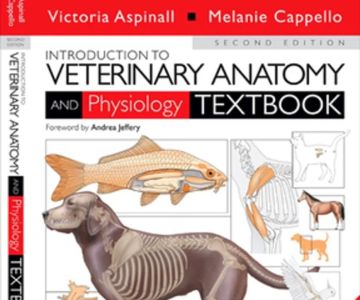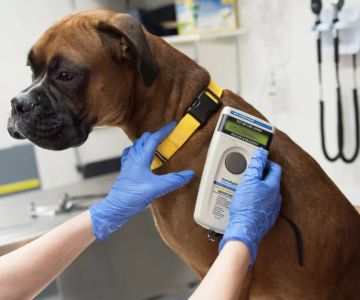- 1-The-Veterinary-Degree-Explained
- 2-Educational-Requirements-for-Veterinarians
- 3-The-Path-to-Doctor-of-Veterinary-Medicine-DVM
- 4-Importance-of-Clinical-Experience-in-Veterinary-School
- 5-Continuing-Education-and-Specializations
- 6-Real-Stories-from-Veterinary-Students-and-Professionals
1. The Veterinary Degree Explained
The degree associated with veterinary medicine is commonly known as the Doctor of Veterinary Medicine (DVM) degree. This professional degree qualifies graduates to become licensed veterinarians and practice medicine on animals. Unlike undergraduate degrees, the DVM is a graduate-level program requiring previous college coursework and preparation.
In the United States, the DVM is the standard credential, and it involves comprehensive training in animal biology, surgery, pharmacology, and disease management.
2. Educational Requirements for Veterinarians
Before entering veterinary school, students must complete prerequisite undergraduate coursework, often including biology, chemistry, physics, and animal science. These foundational courses prepare students for the rigors of veterinary studies.
Admission to veterinary programs is competitive and requires strong academic records, relevant experience with animals, and sometimes entrance exams such as the GRE.
3. The Path to Doctor of Veterinary Medicine (DVM)
The DVM program typically spans four years and combines classroom instruction with hands-on clinical training. Students learn to diagnose and treat illnesses, perform surgeries, and understand animal welfare and ethics. The curriculum also covers public health and zoonotic diseases, highlighting the veterinarian’s role in community health.
Graduates must pass the North American Veterinary Licensing Examination (NAVLE) to legally practice in the U.S.
4. Importance of Clinical Experience in Veterinary School
Clinical rotations during veterinary school provide vital real-world experience. Students work under supervision in diverse settings such as small animal clinics, large animal hospitals, and emergency care units. This exposure builds confidence and practical skills essential for successful careers.
Many students share that these clinical experiences are transformative, deepening their passion and understanding of veterinary medicine.
5. Continuing Education and Specializations
After earning a DVM, many veterinarians pursue further specialization through residencies or certification in fields like surgery, dermatology, or internal medicine. Continuing education ensures veterinarians stay current with evolving medical knowledge and technologies.
Specialization can open doors to advanced career opportunities and allow veterinarians to provide expert care in niche areas.
6. Real Stories from Veterinary Students and Professionals
Jessica, a current veterinary student, shares how earning her DVM degree is a dream realized through years of hard work and dedication. She highlights the balance of challenging coursework and rewarding clinical time.
Dr. Mark, a practicing veterinarian, reflects on how his DVM and continued education empowered him to save countless animal lives and educate pet owners.
If you’re considering pursuing veterinary medicine, understanding what degree is veterinary and the steps involved is the first milestone on an exciting and fulfilling career path. Explore accredited veterinary programs and resources that can guide you toward becoming a compassionate and skilled veterinarian.











